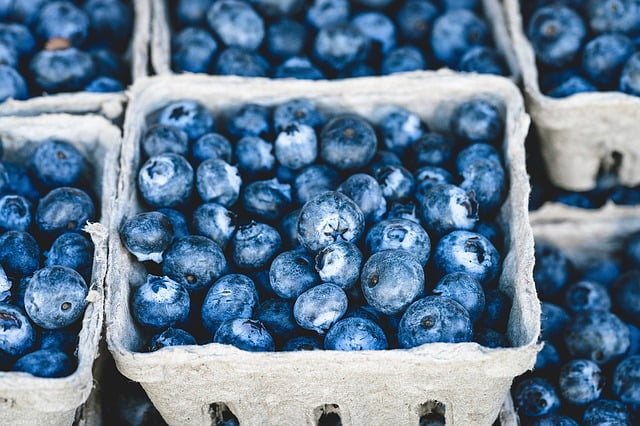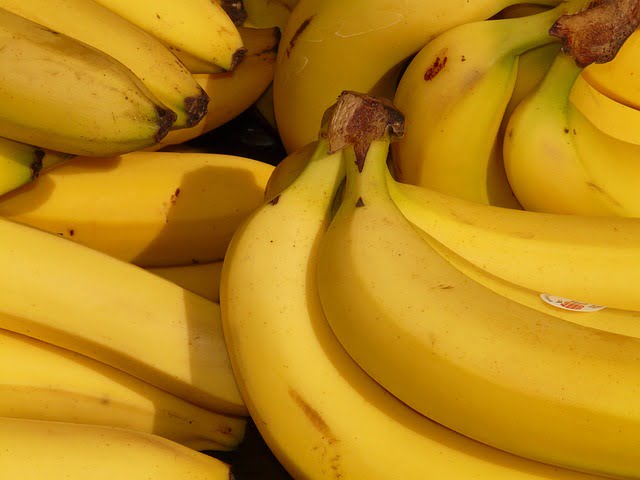Aging is a multi-edged sword: most people reach their peak shape between their late 20s and early 30s, but the stellar period of the physique are inevitably followed by gradual muscle loss and skeletal structure decline. To preserve optimal bone density and lower the risk of osteoporotic fractures after your prime years are over, you should start building a solid skeletal foundation immediately. This means including moderate- and high-intensity workouts such as weight-bearing exercises and resistance training in your weekly agenda, and stocking up your plate with bone-building foods. Here is a short list of nutrients that strong bones are made of – if you are not feasting on these already, you should definitely add them to your nutrition plan as soon as possible for the sake of your long-term bone health.
Calcium
Calcium adds strength and rigidity to bones and teeth, and it also plays a major role in other bodily processes such as muscle contractions, hormone release, blood clotting, cardiovascular functions, and nerve signal transmission. Calcium RDA for adults ranges from 1,000-1,200 mg based on age, gender, overall health status, lifestyle, and other factors. Insufficient daily intake of the mineral is the main culprit behind the speedy bone loss, bone brittleness, and osteoporosis. For this reason, you should stock up your menu with calcium-high foods for osteoporosis such as milk and dairy products, dark leafy vegetables, canned fish, fortified cereals and orange juice, seafood, almonds, beans, and tofu.

Vitamin D
A micronutrient that promotes the absorption of dietary calcium, Vitamin D is naturally produced in the human body, but it also comes in edible form. For optimal Vitamin D synthesis, either spend at least 20 minutes a day soaking up the sun, or get this precious micronutrient from foods such as eggs, fortified grains, orange juice and almond, soy, oat, and rice drinks, fatty fish, cod liver oil, milk and yoghurt, and margarine. Vitamin D RDA for adults aged up to 70 totals 600 mg, but once you sail into the 70-something waters, you will need to increase Vit D intake to 800 mg a day.

Magnesium
Another mineral involved in a range of metabolic processes, magnesium facilitates calcium absorption, so if you want to maximize the benefits of your bone-building diet, you should add a hefty portion of Mg as a side-dish. Adults need 310-420 mg of magnesium a day to keep tabs on both bone density and over 300 biochemical processes, and the list of dietary ingredients high in the micronutrient includes almonds, pumpkin seeds, yoghurt, kefir, leafy greens such as chard and spinach, avocado, figs, bananas, black beans, and dark chocolate.

Vitamin K
Vitamin K plays an important role in several vital bodily functions including blood clotting and bone resorption prevention (a process whereby calcium is released from the bone, entering the blood system). Vitamin K requirements for a healthy adult total 0.001mg per kilogram of body weight a day and the foods that will help you meet the RDA fast include cereals, vegetable oils, and leafy green vegetables such as spinach and broccoli.
The Big No-nos
Platefuls of the nutrients listed above will strengthen your skeletal structure, but if you want to stay on the utmost side of safety bone-wise, you should consider ditching harmful habits. Smoking and excess caffeine and alcohol intake are sneaky accomplices in osteoporosis development, and they can significantly speed up bone degradation in elderly gents and ladies.
Cleanliness may be half your health, but without a proper dietary program and regular exercise, your odds of preserving strong bones, lean muscles, and optimal physical shape despite the ebb of time are close to nil. Fortunately, rapid bone loss, fractures, and osteoporosis are highly preventable, so though there is no reversing the biological clock, a menu rich in bone-building foods may help your body withstand the tooth of time – or at least minimize its impact on your physique.




